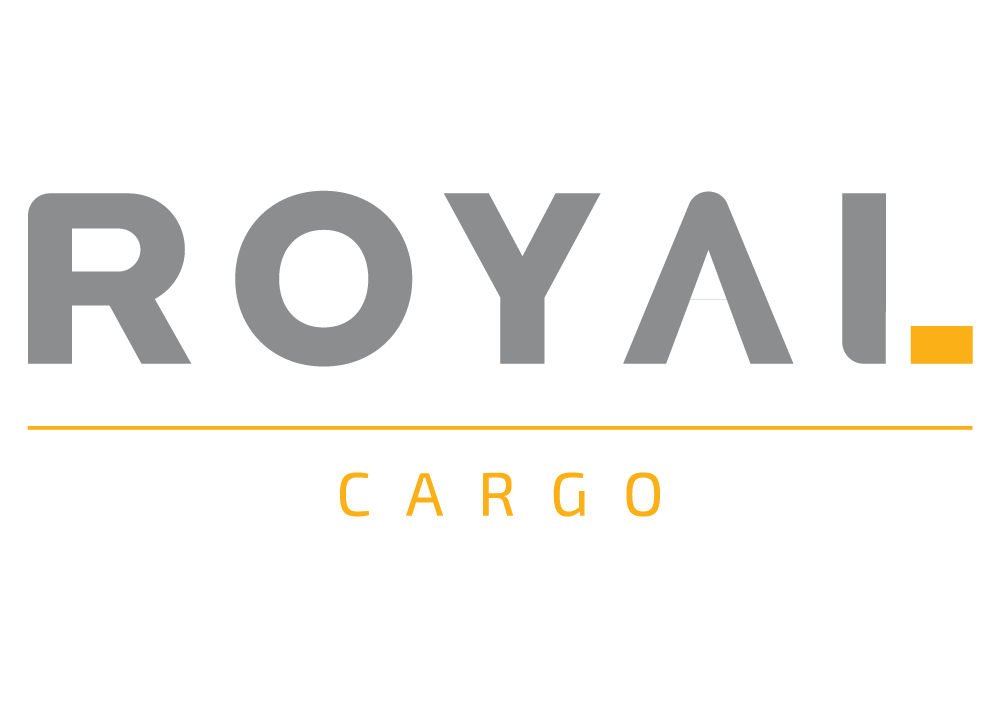
What criteria should you use to choose a reliable freight partner?
The True Cost of Choosing the Wrong Logistics Partner
Selecting a transport partner is no longer merely a logistics question—it’s a strategic business decision. Delivery reliability, fulfilment accuracy, flexibility and exception management impact not only transport efficiency but also your customer relationships and competitive position. A missed or misdelivered shipment doesn’t just trigger a complaint; it creates direct losses and reputational risk.
We’ve compiled the key criteria for selecting a reliable long-term transport partner—aligned with the expectations of the Hungarian B2B logistics market.
In each section, we focus on actionable evaluation criteria and support transparent, evidence-based decision-making.
Balancing Price, Performance and Predictability
At first glance, market freight rates are easy to compare—but the total cost rarely ends with the number on the rate sheet. The real question isn’t “who’s cheapest?”, it’s under what terms the service is delivered, with what OTIF accuracy, and how much after-the-fact effort and cost-to-serve the carrier creates.
For shippers, the decisive question is whether the carrier can consistently meet the committed lead times—keeping the end-to-end supply chain flowing. At Royal Cargo we operate a performance-based model: our proposals specify not just rates but concrete SLAs/KPIs, including on-time delivery (OTD) targets, a structured update cadence, and maximum response times for exception handling.
Predictability in practice: a clear, pre-agreed service framework not only enables accurate logistics cost forecasting, it also minimises post-shipment claims, delays and unexpected surcharges. If customer experience and service levels are competitive differentiators in your market, predictability is a critical success factor.
A rate on its own should never be the deciding factor—only if it comes with measurable, auditable, SLA-backed performance commitments.
Service Scope and Flexibility
A reliable carrier doesn’t just move loads; it adapts to changes in your business’s logistics requirements—especially where shipments are frequent, high-volume or cross-border.
A long-term partnership works best when your logistics provider:
- flexes capacity to demand—accommodating project-based surges and seasonal peaks without compromising SLAs or lead times,
- has assured capacity, deep lane expertise and robust back-office/admin capabilities (planning, documentation, compliance),
- supports end-to-end export/import processes with compliant documentation, customs brokerage and clearance,
As part of your due diligence, assess whether the shortlisted logistics provider:
- is limited to basic haulage, or proven in complex, multi-node logistics networks,
- has stable, commit-ready transport capacity—and can underwrite it over a defined time horizon,
- can design a client-specific operating model (e.g., pre-agreed fixed scheduled runs/lanes, backhaul/return-load management, and deadline/lead-time prioritisation).
Adaptability isn’t just flexibility—it’s business assurance that your logistics partner won’t become a bottleneck, even as you scale or enter new markets.
Performance Measurement, SLAs and Accountability
One of the cornerstones of a professional logistics partnership is that delivery is governed by codified, measurable metrics—not vague expectations. For predictable operations, your carrier must accept explicit accountability for meeting agreed SLAs/KPIs, not merely provide the service.
For every long-term engagement, Royal Cargo provides a Service Level Agreement (SLA) framework. This sets out clear, measurable service levels against which performance is assessed, such as:
- on-time delivery rate (OTD/OTIF), e.g. a target above 98%
- scheduled cadence for proactive status updates,
- response time SLAs for claims handling and change requests
- a dokumentáció pontossága.
For the shipper, this delivers more than oversight—it enables reliable planning and transparent operations. When delivery errors, delays or documentation issues occur, the SLA triggers clear accountability and defined remediation/compensation—critical in sectors where the reliability of each link directly impacts end-customer service.
If you’d like to benchmark your current logistics partner’s performance against an SLA-based engagement, book a consultation with our team.
Operational Transparency and Seamless Communication
For a shipper, success isn’t only that the delivery happens—it’s the quality of information that accompanies it. In a well-run logistics partnership you get continuous visibility over your consignments and timely alerts on any changes that could impact your operations.
Quick, accurate communication is a cornerstone of operational transparency:
- pre-advice / advance confirmation of dispatch and delivery windows (ETD/ETA),
- proactive exception alerts for unforeseen events (e.g., weather disruption, traffic congestion), with impact and mitigation options,
- timely provision of documentation (e.g., CMR/consignment note, signed POD),
Royal Cargo’s client service model is built on processes that provide accurate, up-to-the-minute visibility of shipment status at every stage—backed by response-time SLAs so your queries are answered promptly.
For us, information transparency isn’t a software add-on—it’s company culture. Our goal isn’t merely to deliver, but to execute in a way that’s predictable, reliable and fully traceable end-to-end.
Client References, Accreditations and Track Record
Selecting a carrier requires more than a competitive rate card or available capacity. Reliability must be underpinned by proven industry experience, systemised (audited) operations and solid financial stability—especially where transport supports business-critical processes.
At Royal Cargo, logistics performance is inseparable from operational transparency and consistent account management. Our internal SOPs ensure that in every shipment—domestic or international—you get a clearly structured process, rapid responses and documented, auditable feedback throughout.
Our financial reliability and operational discipline are evidenced not only by our track record, but also by the fact that Royal Cargo:
- holds Dun & Bradstreet AAA (Bronze) certification, placing the company in the lowest financial risk category,
- operates an ISO 9001:2015–certified quality management system (MSZ EN), providing the professional governance framework for multimodal freight forwarding and road haulage operations.
For prospective partners—where there’s sector fit or specialised transport requirements—we provide due-diligence access to case studies, operational examples and one-to-one consultations. This supports informed decision-making and helps establish long-term, trust-based partnerships.
If you’d like to see what solutions work in logistics environments like yours, book a one-to-one consultation with our logistics experts.
How to Decide?
Selecting a reliable carrier isn’t about who can move a single load from A to B; it’s about who can deliver predictably over the long term, executing entrusted logistics tasks in a way that aligns with your business operations.
We recommend reassessing any carrier selection against these five questions—using the criteria outlined above:
- Can the selected provider deliver the required performance in a documented, measurable way—backed by SLAs and KPIs?
- How well does the provider adapt to your logistics profile—lanes, service requirements and volume volatility (seasonality, project spikes)?
- What is the provider’s technology stack, and what level of end-to-end visibility does it provide?
- Does the provider commit to SLAs and deliver regular, KPI-based performance reporting?
- Does the provider have the sector track record and credibility to underpin a strategic partnership with confidence?
Royal Cargo’s goal is not merely to execute transport orders, but to act as a strategic partner—strengthening the stability and growth of our clients’ supply chains. We provide a transparent service framework, expert account management and tailored logistics solutions.
Next step: book an exploratory consultation with our logistics experts. Together we’ll map a transport structure that fits your business and outline the SLA-backed performance commitments under which we can partner.
Author
royal_adminRelated posts
The Price of Precision — Why a Premium Logistics Provider Is Worth
(What exporters and high-volume shippers stand to gain—and what they risk with


